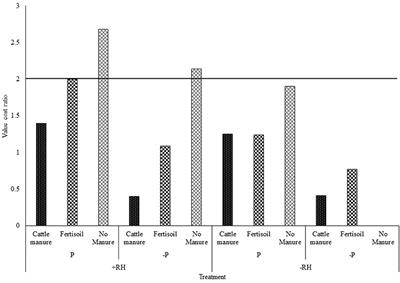EDITORIAL
Published on 28 Mar 2022
Editorial: Enhanced Nutrient Management in Agroecosystems
doi 10.3389/fagro.2022.888595
- 912 views
- 1 citation
11k
Total downloads
167k
Total views and downloads
EDITORIAL
Published on 28 Mar 2022
ORIGINAL RESEARCH
Published on 17 Mar 2022
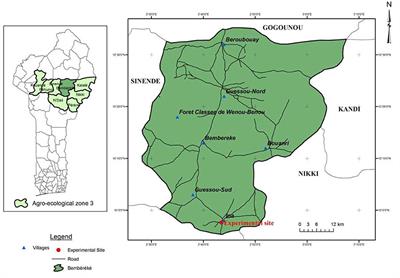
REVIEW
Published on 02 Mar 2022
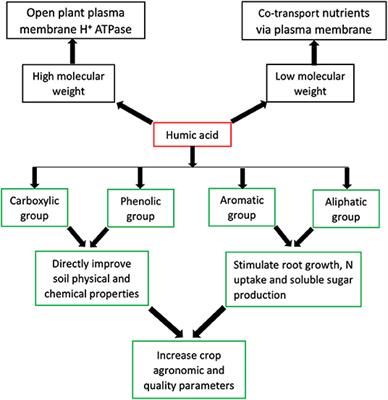
ORIGINAL RESEARCH
Published on 20 Jan 2022
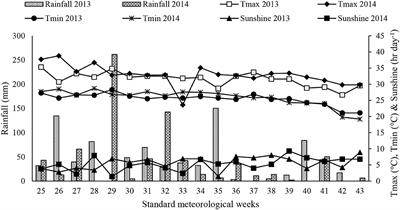
HYPOTHESIS AND THEORY
Published on 22 Oct 2021
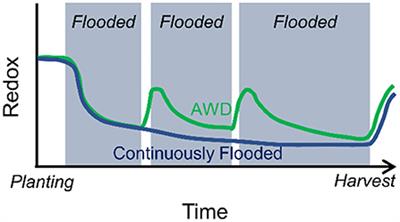
ORIGINAL RESEARCH
Published on 04 Sep 2020
